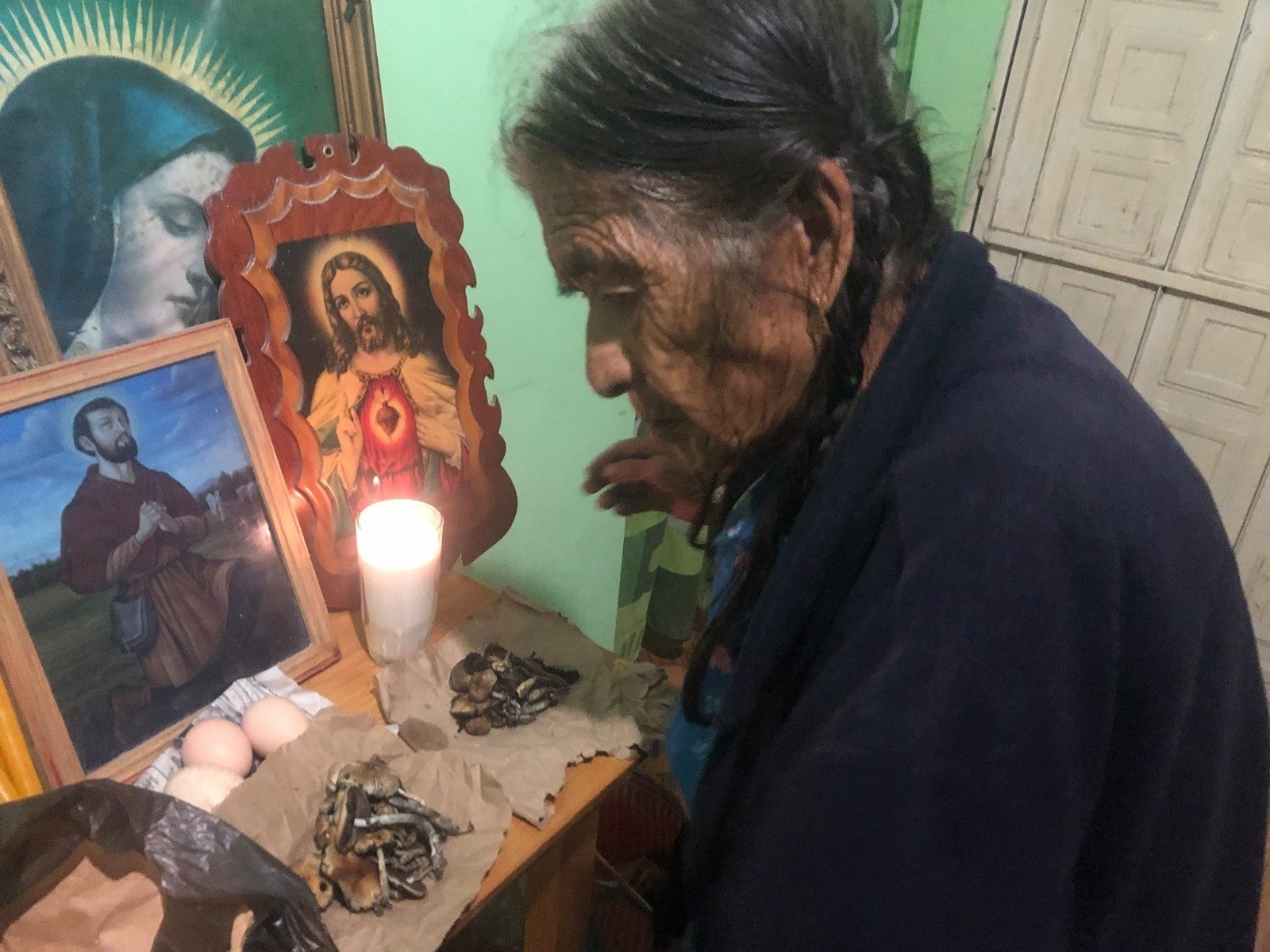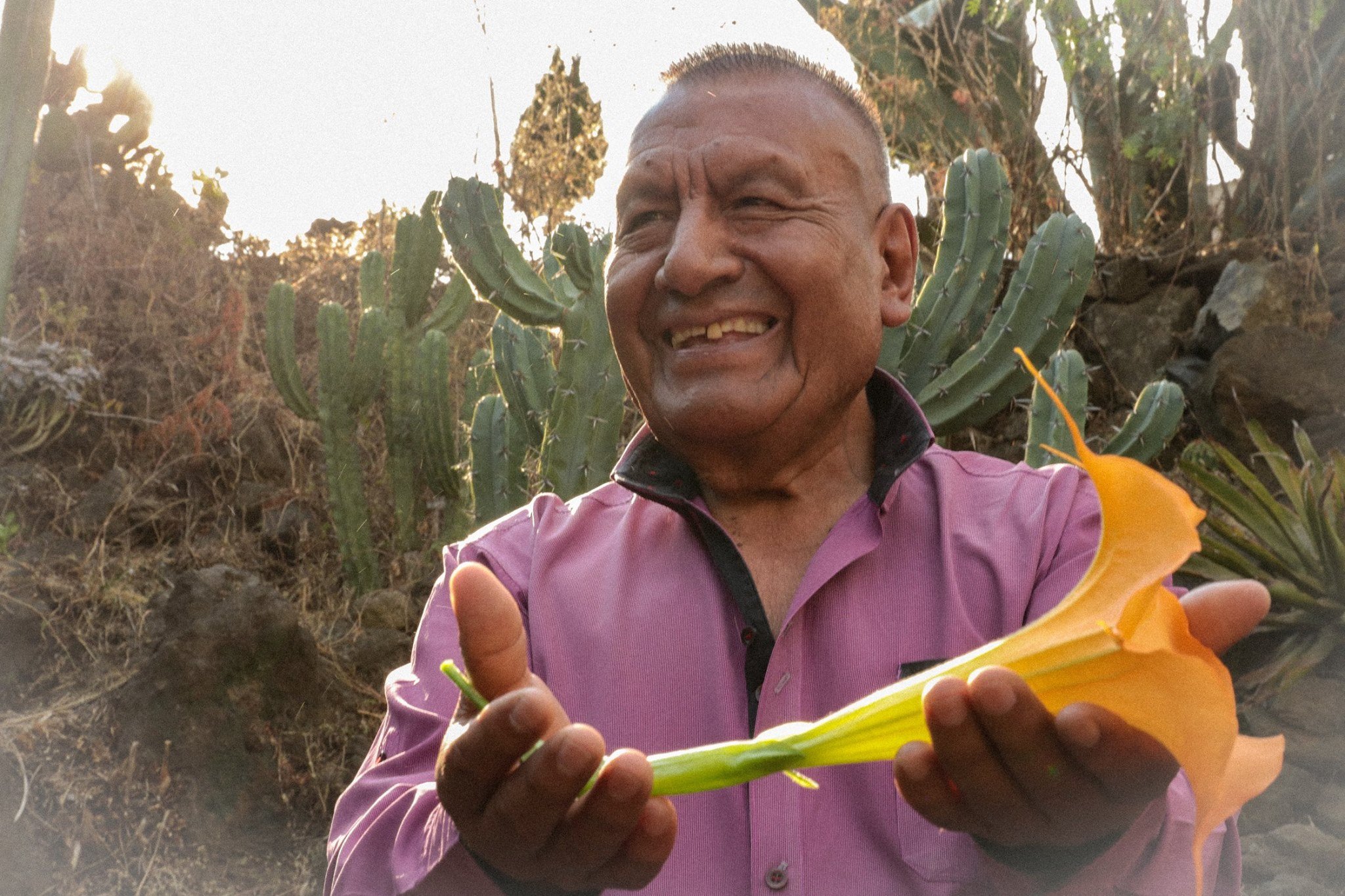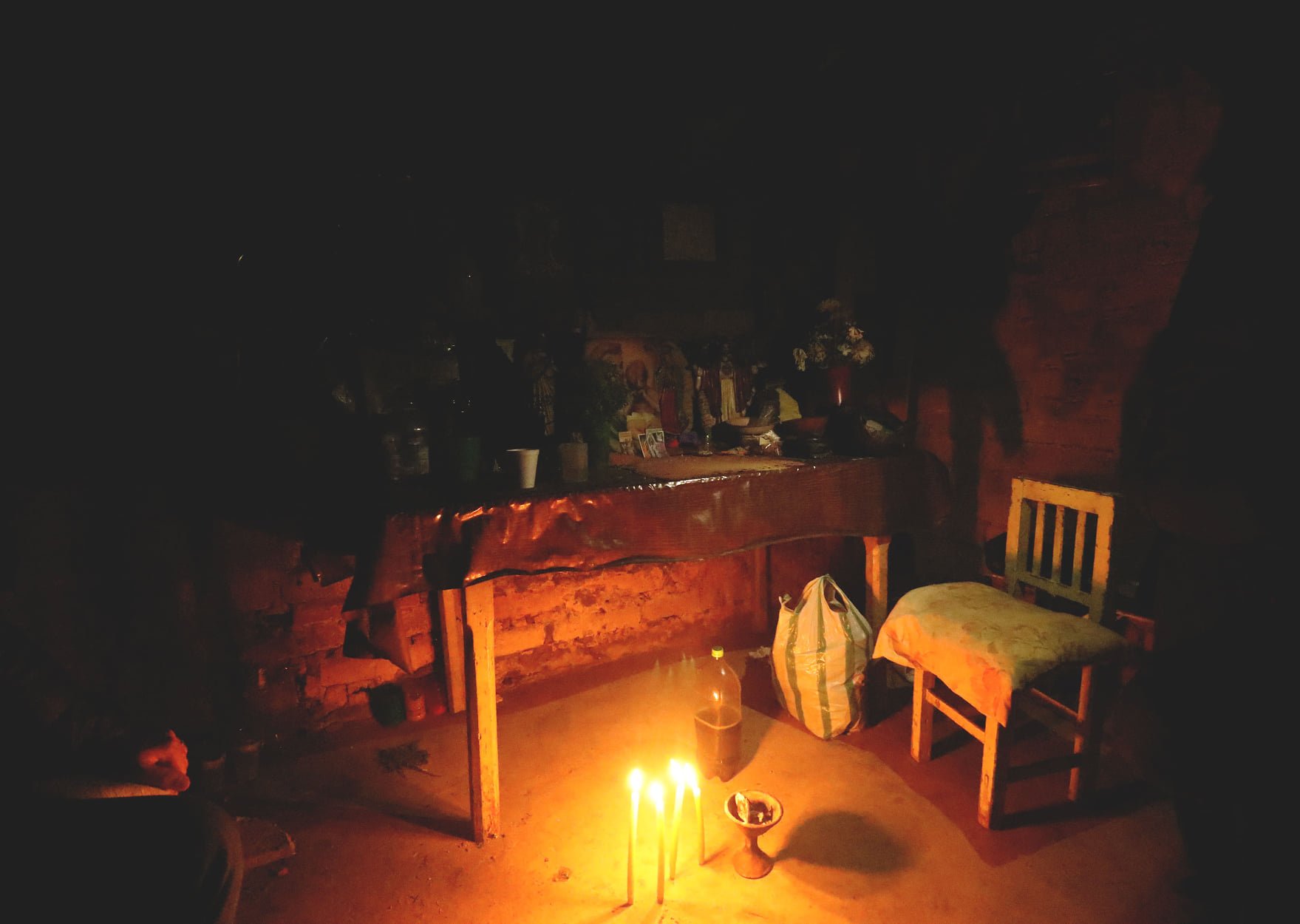Ancestral Medicines and Cultural Heritage Center in Mexico
At The Community Garden Foundation, one of our primary missions is to establish a cultural heritage center that celebrates and showcases the indigenous traditions of Mexico. This includes the Mazatecs, Wixárika (Huichol), Comcáac (Seri), Zapotecas, Maya, Mexica (Aztec), and other communities. Our primary focus is to safeguard and preserve the traditional practices that involve the ceremonial use of medicinal substances like Mushrooms, Peyote, Salvia, Guarumbo, Floripondio, and others.
Our vision is to develop a modest museum that exhibits the art and customs of these cultures, as well as to construct a ceremonial space that provides a supportive environment for healers from all over Mexico to practice and share their rituals and ceremonies.
Click here to join a retreat or donate to the communities we collaborate with
Xochipili was the god of art, beauty, and dance in Aztec mythology, and was also associated with psychoactive plants such as morning glory flowers, tobacco, mushrooms, and cacti. These plants were used in religious ceremonies to induce altered states of consciousness and connect with the divine, and it was believed that Xochipili could help facilitate these experiences.
The Mazatecs, Wixárika (Huicholes), and other indigenous communities in Mexico have a rich cultural heritage that is intricately woven into their traditional practices involving the ritualistic use of plants. These plants, often referred to as sacred, are believed to have healing and spiritual properties when used in ceremonial contexts.
However, the modern world's taboos and social stigmas surrounding the use of these plants have created a significant threat to the continuation of these cultural practices. The social stigma attached to the use of these plants and the lack of understanding of their significance has made it difficult for these communities to maintain their cultural practices.
As a result, efforts must be made to raise awareness about the cultural significance of these practices and to promote their preservation, ensuring that these indigenous communities can continue to maintain their unique cultural identities for generations to come.
At the moment, we are in search of suitable land to initiate the development of this project. If you would like to aid our mission, kindly consider making a donation or reaching out to us via email for additional details.

Maestra Natalia Martinez preparing Mazatecan velada with 'Los Ninos Santos' or the Sacred Mushrooms in 2019

Maestro Artemio Solís Guzman showing a Floripondio flower from his garden in 2019

Maestra Jasmine of Oaxaca preparing a ceremony with Salvia leaves in 2021

Shamanic ceremony room in Huautla de Jiménez, Oaxaca

Tribal leader, Chapo of the Comaac, with his hand-picked sage

Maestro Don Juan preparing Hikuri (Peyote)
